SUMMARY
This is AI generated summarization, which may have errors. For context, always refer to the full article.
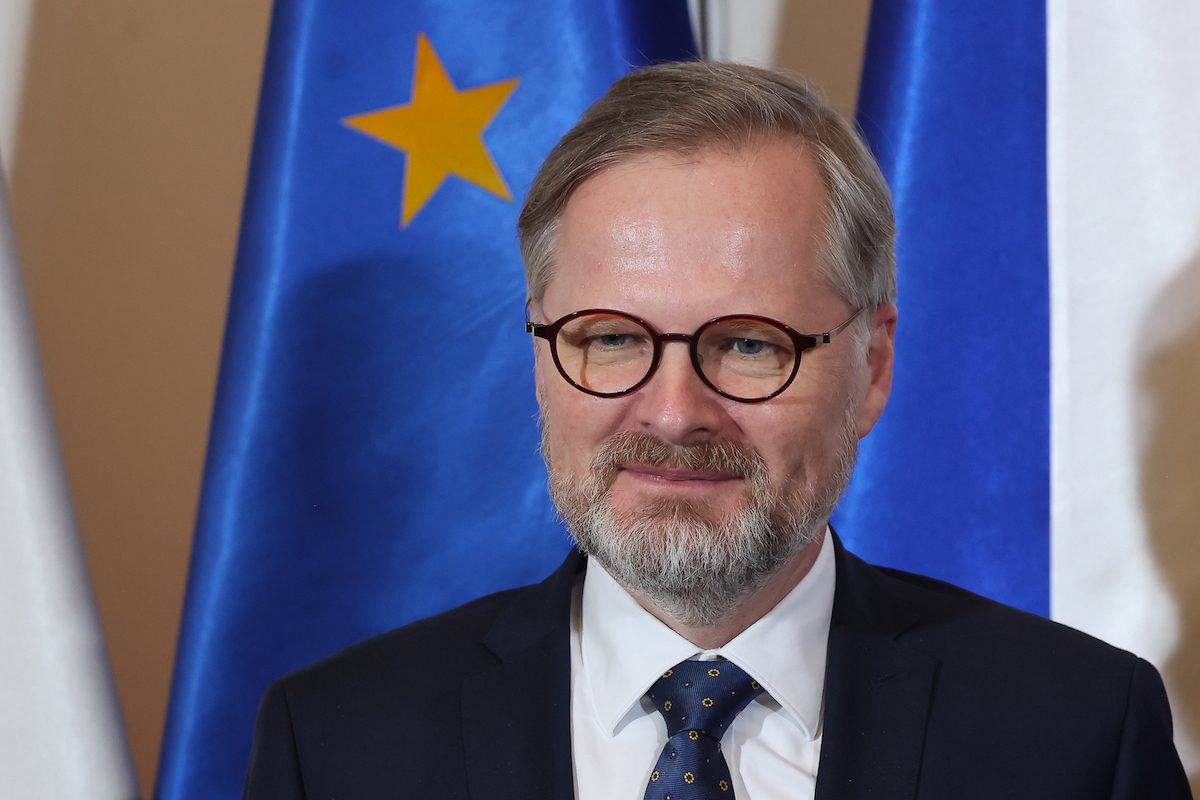
MANILA, Philippines – Czech Republic Prime Minister Petr Fiala arrived in the Philippines on Sunday night, April 16, for an official visit.
The visit, according to the Department of Foreign Affairs (DFA), marks an “important milestone” as the Philippines and the Czech Republic are set to commemorate the 50th anniversary of their diplomatic relations in October.
Fiala, who will be in the country until Tuesday morning, April 18, is set to have a bilateral meeting with President Ferdinand Marcos Jr. on Monday, April 17.
The DFA said the two earlier met on the sidelines of the Association of Southeast Asian Nations-European Union Commemorative Summit in Belgium in December 2022, where they discussed “cooperation in the security sector.”
In their bilateral meeting in Manila, Marcos and Fiala are expected to discuss defense cooperation, trade and investment, judicial and labor cooperation, and university linkages, according to the DFA.
“The Philippines is committed to fostering vibrant and meaningful cooperation between ASEAN and the EU, as the ASEAN coordinator of the dialogue partnership until 2024,” the foreign affairs department said.
“Philippines’ relations with European states, including with the Czech Republic, are energized by mutual interests in upholding democracy and freedom, rule of law, peace and stability, and human rights.”
After visiting the Philippines, Fiala will also visit Indonesia, Singapore, Vietnam, Kazakhstan, and Uzbekistan.
Fiala’s visit comes amid the looming expiration of the Generalized Scheme of Preferences Plus (GSP+), which allows the duty-free entry of at least 6,200 Philippine products into Europe. This trade perk is granted by the EU to countries on the condition that they uphold human rights obligations.
The Philippines’ current GSP+ participation ends in December and it plans to seek renewal of the trade perk. But human rights groups have urged EU officials not to allow the renewal given the climate of impunity under Marcos’ predecessor Rodrigo Duterte, particularly through his violent war on drugs.
In February 2022, the European Parliament adopted a resolution stating that GSP+ preferences should be withdrawn “if there is no substantial improvement” in the human rights situation in the Philippines.
Members of the European Parliament’s Subcommittee on Human Rights also visited Manila last February and raised human rights issues in their meetings with local officials.
At least 6,252 people had been killed in police anti-drug operations by May 2022, based on government data. This number does not include those killed vigilante-style, which would bring the estimated number of victims killed to between 27,000 and 30,000, according to human rights groups.
Families continue to face challenges in seeking justice, with few convictions handed down. Many are now pinning their hopes on the International Criminal Court, whose Office of the Prosecutor is investigating the situation in the country. – Rappler.com
Add a comment
How does this make you feel?

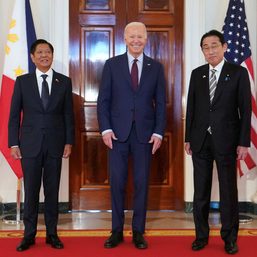
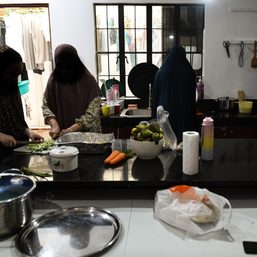
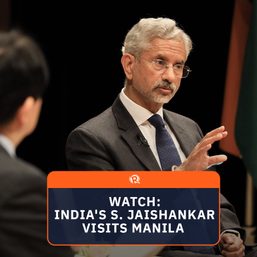
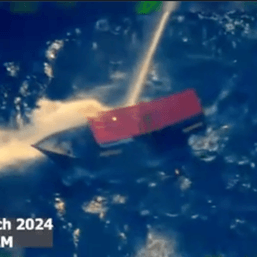
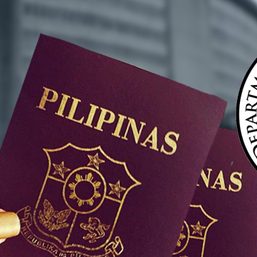
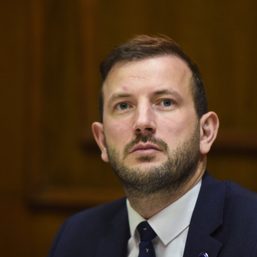




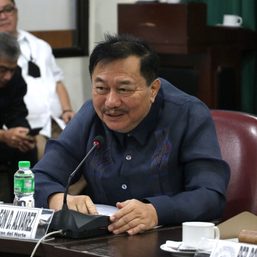
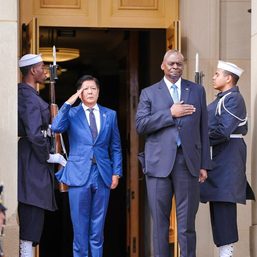

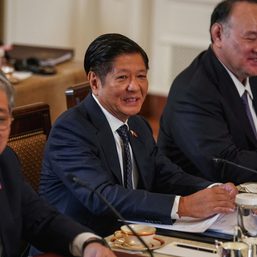
There are no comments yet. Add your comment to start the conversation.